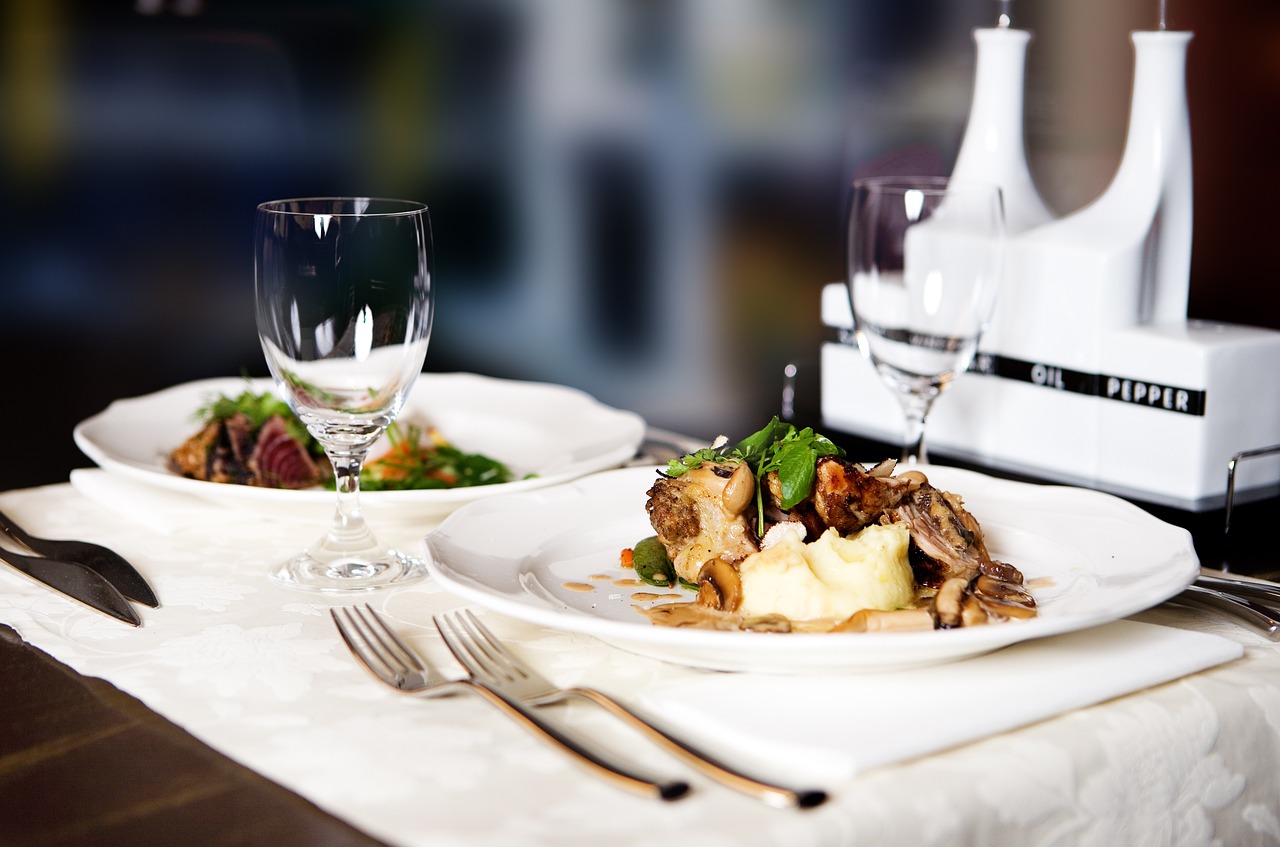
Dining out or being invited to a meal in Germany can be a delightful experience, enriched by age-old traditions and customs that reflect the country’s rich cultural heritage. Understanding and adhering to German dining etiquette can greatly enhance your dining experience, whether you’re a tourist, a business traveler, or an expatriate. This comprehensive guide will explore the nuances of German table manners, offering insights into how to navigate a meal gracefully and respectfully.
The Importance of Punctuality
In Germany, punctuality is a sign of respect. Arriving even five minutes late can be considered impolite, especially if you are invited to someone’s home. For restaurant dining, being on time means you value the reservation and the staff’s schedule. Always call ahead if you anticipate being late.
Greetings and Seating
Upon arrival, it is customary to greet everyone at the table with a handshake, while maintaining eye contact. This applies to both men and women. The host usually assigns seating, and there is often a seating plan for more formal dinners. If no specific guidance is given, wait until you are invited to sit down.
The Use of Utensils
German table manners are quite formal when it comes to the use of utensils, which should never touch the table once they have been used. Keep them on your plate. The fork is held in the left hand and the knife in the right, and both utensils are used for most meals, including pizzas and burgers when dining in a formal setting.
Table Talk
Conversations at the table are generally polite and reserved. Topics like politics, religion, or personal finances are considered inappropriate during a meal. It’s better to stick to light subjects such as travel, art, or music. Complimenting the host on the meal is always appreciated, but keep criticisms to yourself unless you are asked for your honest opinion.
The Role of Bread
Bread is often served with meals but remember to use your bread plate if one is provided. It’s considered polite to break bread with your hands rather than using a knife. However, always pass the bread basket to others before serving yourself.
Handling the Beverages
When drinking, it is important to wait until everyone has their beverage and a toast is made. Look your fellow diners in the eye when clinking glasses to say “Prost” (Cheers). When toasting with beer, clink the glass at the base rather than the rim.
The Pace of the Meal
Meals are rarely rushed in Germany. It’s customary to enjoy each course at a leisurely pace. This is a time for enjoyment and interaction, and rushing through a meal is often frowned upon. It’s polite to finish everything on your plate as leaving food can be seen as wasteful or an indication that you did not enjoy your meal.
Finishing Your Meal
Once everyone is finished, place your knife and fork side by side at the 5:20 position on your plate to indicate that you have finished eating. This signals the staff or your host that you are done.
Handling the Bill in Restaurants
In Germany, it is common for each person to pay for what they ordered, a practice known as “getrennt zahlen.” It’s polite to ensure the server is tipped by rounding up the total to the nearest Euro. For instance, if the bill is €47, you might leave €50.
Special Dining Situations
In business settings, the host usually pays for the meal, although an offer to contribute can be seen as a polite gesture. During family gatherings or meals with friends, it’s not uncommon for costs to be shared equally among everyone.
Dietary Restrictions and Allergies
If you have dietary restrictions or allergies, it is courteous to inform your host or the restaurant in advance. Germans are quite accommodating to such needs, and most restaurants are well-prepared to handle special dietary requests.
Navigating German dining etiquette is an essential skill that enhances your culinary experiences and shows respect for local customs. By following these guidelines, you can ensure that your dining experiences in Germany are both enjoyable and respectful, whether you’re attending a formal dinner or simply enjoying a meal at a local eatery.
By understanding and embracing these traditions, visitors can fully appreciate the depth of Germany’s culinary culture, making every meal a memorable experience.
Related articles:
German Table Manners – Tischmanieren
How to Behave In a Restaurant in Germany
The Art of German Small Talk
